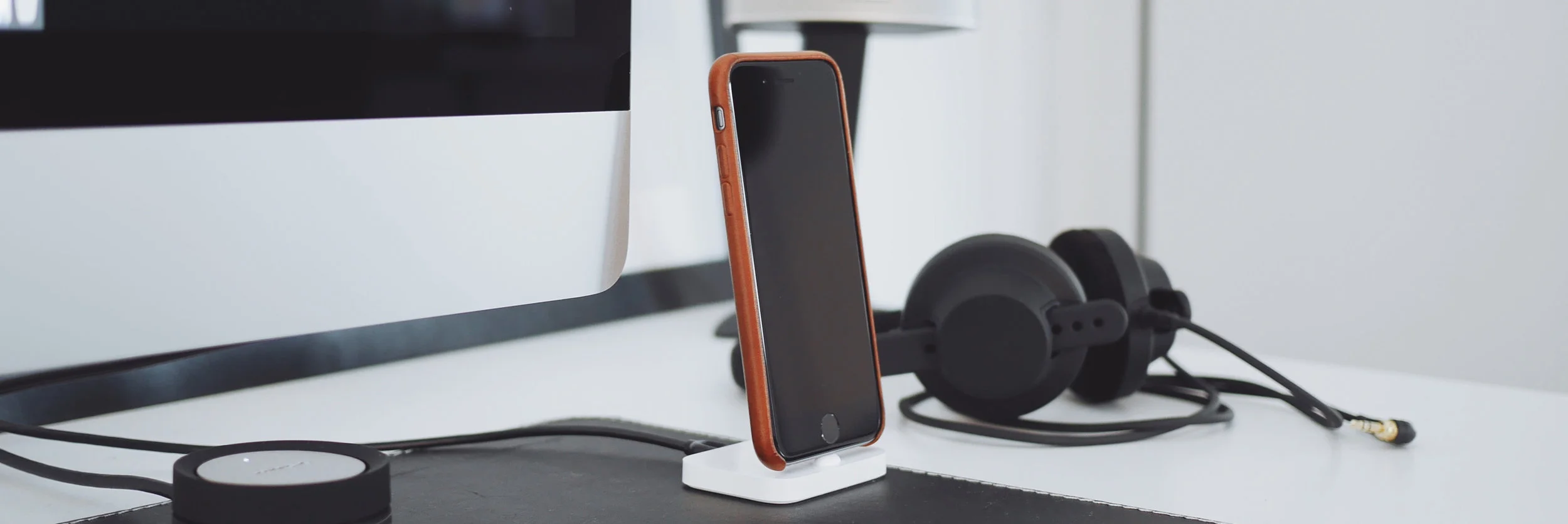One of the most important things a lawyer can do to become a well-branded, well-recognized expert, is to produce high-quality content. In most cases, particularly in the legal industry, the written format is most popular when it comes to producing content. But the format matters far less than the substance. Ideas can be conveyed via podcast, video, live talks – it doesn’t really matter. What matters is that the content, itself, is of such high-quality that it raises the profile and reputation of the content producer in the minds of content consumers.
Content is one of the few tools that allows a lawyer to establish relationships built on trust with those who she may never have personally come into contact with. Here’s how it works:
When it comes to addressing their challenges and opportunities, clients want expertise, not generalized knowledge. Unless expertise can be conveyed and validated through referral or reputation, it must be demonstrated through thought leadership expressed in the marketplace of ideas. In this sense, content is what sells a lawyer when she’s not there to sell herself. It gives others a window into the lawyer’s mind, her ideas, and the quality of her insights. Through reading and evaluating her content, potential referral sources and clients have already determined, to at least some extent, that their needs and her expertise align.








